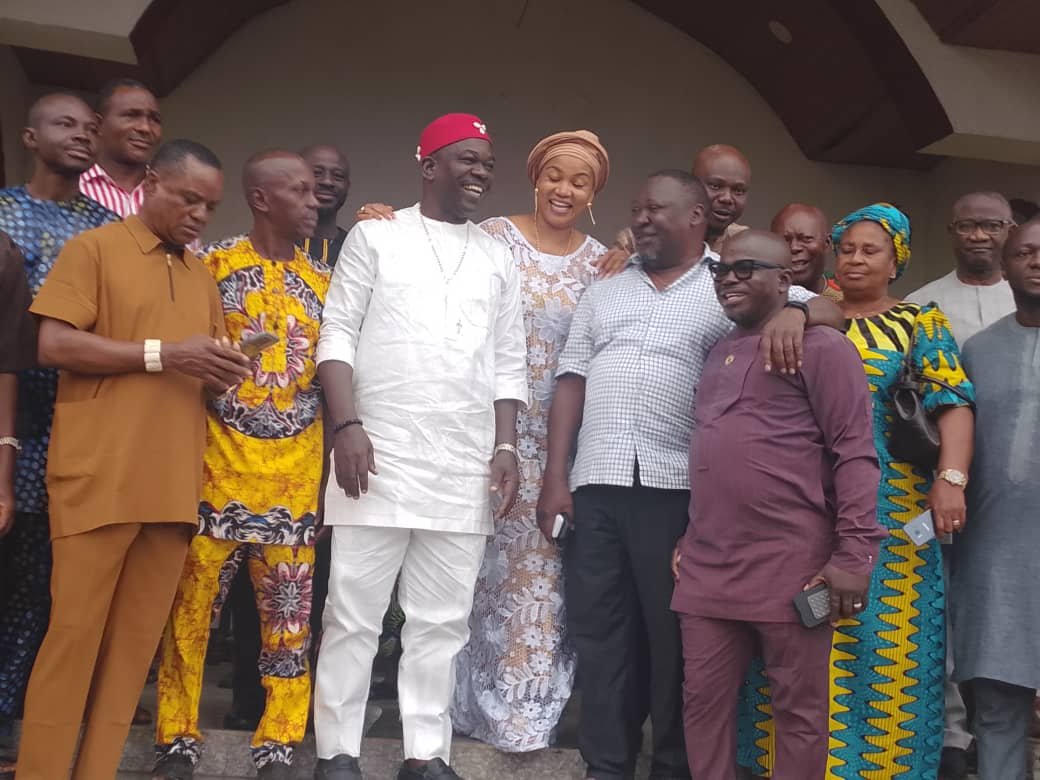ABIDJAN (CONVERSEER) – Political tensions are mounting in Côte d’Ivoire following the exclusion of key opposition figures, including former President Laurent Gbagbo and Democratic Party (PDCI) leader Tidjane Thiam, from the final electoral list for the October 2025 presidential election.
Both parties have denounced the Independent Electoral Commission’s (IEC) decision as a violation of democratic principles and fundamental rights, with mass protests planned in the coming days.
The PDCI, over the weekend, held a press conference at its headquarters in Abidjan, where party spokesperson Bredoumy Soumaïla described Thiam’s disqualification as “abusive” and “legally unfounded.” He criticized the IEC’s early release of the final electoral roll – originally expected on June 20 – as politically motivated and in breach of prior agreements with political stakeholders.
Thiam, a former international finance executive, was barred due to the judiciary’s refusal to issue a nationality certificate, a decision the party has condemned as unjust and indicative of broader institutional bias. The PDCI announced a nationwide demonstration for Wednesday, June 11, starting at 9 a.m. in Abidjan, with Bredoumy confirming coordination efforts with the police to ensure a peaceful march.
He stressed that the protest is part of a broader mobilization to demand Thiam’s reinstatement and a transparent revision of the electoral register.
Meanwhile, former President Laurent Gbagbo, who ruled from 2000 to 2011 and remains a polarizing political figure, also spoke out against his exclusion from the race. Addressing a large crowd in Port-Bouët, a southern district of Abidjan, Gbagbo declared that his disqualification has triggered “a duty to protest.” Though barred from contesting, Gbagbo vowed to remain politically active and support nationwide resistance against what he termed a “democratic backslide.”
Gbagbo’s exclusion has further inflamed tensions within his base, many of whom view the decision as a continuation of politically motivated persecution following his 2021 return from The Hague, where he was acquitted by the International Criminal Court. His supporters argue that the government is deliberately weakening the opposition ahead of the election by using the courts and electoral commission to block legitimate contenders.
Both the PDCI and Gbagbo’s party accuse the IEC and judiciary of eroding democratic norms and paving the way for an uncompetitive and unfair election.
With the October election just five months away, the convergence of protests by two of the country’s largest opposition forces marks a critical juncture. As plans for coordinated national demonstrations solidify, the Ivorian government faces intensifying domestic and international scrutiny over the transparency and inclusivity of its electoral process.









